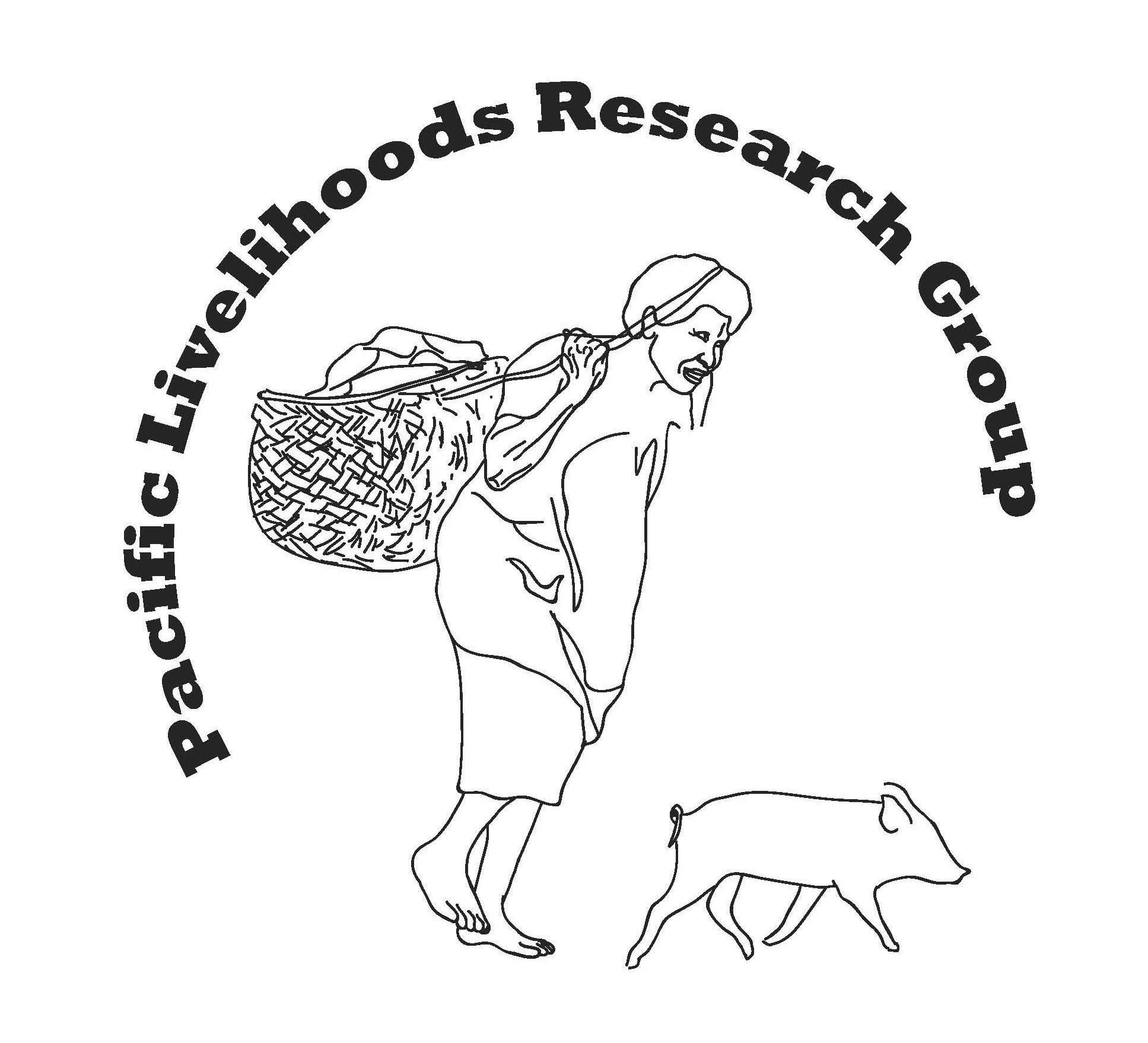A success story from the ACIAR-funded project HORT/2018/194 – Protecting the coffee industry from Coffee Berry Borer in Papua New Guinea and Australia.
Peter lives in Jiwaka, essentially “ground zero” of the Coffee Berry Borer (CBB) outbreak, where CBB was first established and progressed quickly. Before CBB arrived, Peter received about 100 Kina per bag of coffee cherry. After CBB arrived, when he went to sell his coffee, it was light and many of the cherries had holes in them. His harvest had halved in weight in 2 years (Figure 3). The cherries were heavily infested with CBB. Peter now only received K30 per bag for his coffee.
An Australian Centre for International Agricultural Research (ACIAR) project was commissioned in 2019 to develop a package suitable for small holder coffee farmers to manage CBB in PNG. This project, led by the Queensland Department of Agriculture and Fisheries (DAF), in partnership with the Coffee Industry Corporation (CIC), collaborated with researchers from across the globe to develop a “Best Bet Package”, to manage CBB for PNG smallholder farmers. The package uses simple, low input, low cost, cultural control techniques that have been developed and tested overseas, eliminating any need for harmful chemical pesticides. The project team have been testing the best bet package locally with smallholder farmers in PNG. Peter was one of the first farmers to adopt the package.
Peter was desperate for a solution and was willing to use his farm as a demonstration trial for the best bet package. This package involves picking the berries often. Every two weeks Peter picks all the red-ripe, over-ripe as well as any black berries. By doing this, he is breaking the CBB’s lifecycle. Peter then places the harvested cherries in a tub of water and floats off the bad or infested cherries. The infested cherries are then destroyed to stop any CBB escaping from them.
The project team visited his farm in late 2019 before the intervention. CBB could be seen throughout the farm, on every tree. Everywhere, adult beetles could be observed coming out of the black “raisin” berries (Figure 1). With the information and advice from our CIC project officers led by Jonah Aranka (Figure 2), Peter implemented the CBB Best Management Package. While the package did require a change to his coffee picking routine, it did not require Peter to hire any extra labour. He found the new picking routine could now be easily accomplished by himself and his family and he does not have to bring in extra labour which is an added cost for smallholders.


Figure 1. Black raisin coffee berries are the main source of CBB adult beetles and must be removed. Peter harvests all red berries before they can overripen to become a beetle source.
Figure 2. PNG Coffee farmer Peter (centre) with Jonah Aranka (right), Alphonse Kaim (CIC field attendant for this trial) (left) CIC staff and family.
In late 2022 when we visited his farm again, we saw a completely different story. There are now almost no over-ripe or black infested cherries in his plantation. Peter is now harvesting more coffee and his coffee is of high quality with very little CBB. Prior to implementing the CBB Best Management Package, he was harvesting less that 2000 Kg of cherry per year. He is now harvesting more than 4,500 Kg (Figure 3) and is getting more than K100 per bag for his coffee.
Peter is also having to deal with a changing climate. Flowering in his coffee trees has become very irregular with trees often producing flowers year-round. Consequently, the ripening of berries is also happening year-round. Therefore, it is possible for a coffee tree to have green, ripe, over-ripe and black berries at any one time. This is an ideal situation for CBB to breed and multiply. The regular harvesting method provides a solution to this issue, while breaking the CBB lifecycle it also improves quality and reduces the waste of overripe infested cherries. The continuous harvesting provides extra regular income and certainty for affected smallholder farmers like Peter.
Peter has now encouraged his neighbours to adopt the CBB management system. When all the farmers in an area are managing CBB together, then everyone is benefiting, and the overall CBB infestation rates reduce.

Figure 3. Total cherry harvest (Kg) each year, showing impact on harvest yields before and after CBB arrived, and after the ‘CBB Best Management Package’ was implemented.

The HORT/2018/194 research team, including Ian Newton and Donna Chambers (Queensland Department of Agriculture and Fisheries) and Jonah Aranka (Coffee Industry Corporation), have developed in collaboration with Curtin University researchers on the project ASEM/2016/100 – Improving livelihoods of smallholder coffee communities in Papua New Guinea a farmer training guide on Coffee Berry Borer Management. This guide and other CBB training material produced under HORT/2018/194, along with other coffee farmer training guides developed under ASEM/2016/100, were launched by the PNG Minister for Coffee, Joe Kuli, on 9th August 2023. The guides will soon be available to download on the ACIAR website.
